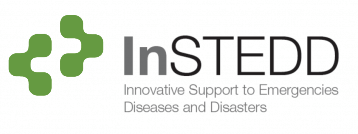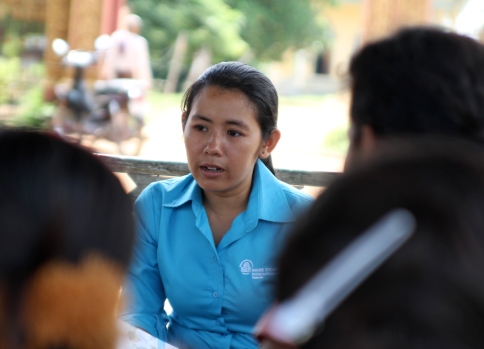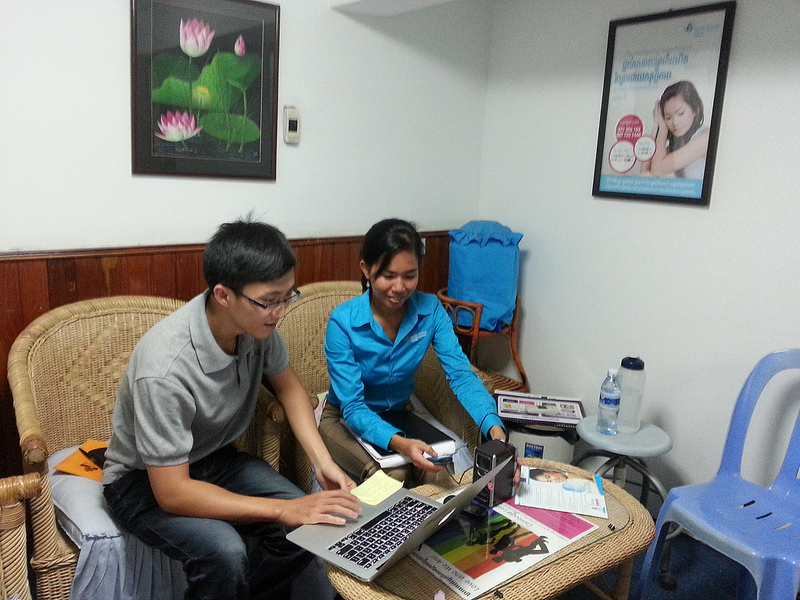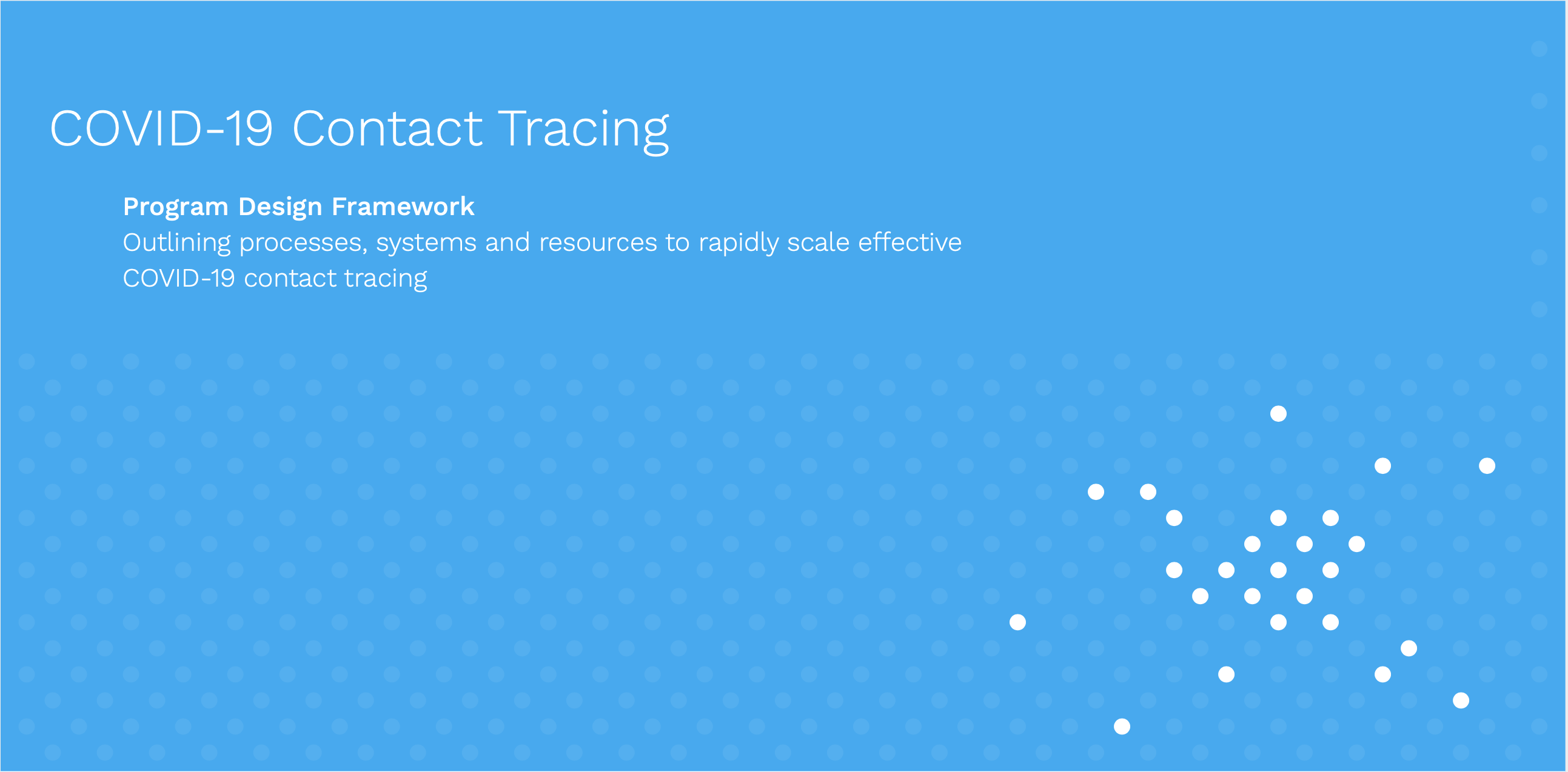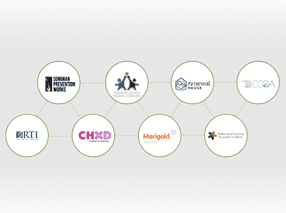Will Mobile Phones Improve Contraceptive Use in Cambodia?
Marie Stopes International Uses Verboice to Find Out
Earlier this month we had a chance to sit down with Ms. Vannak Uk, of Marie Stopes International in Cambodia. Here’s what she had to say about how our Verboice tool and the InSTEDD iLab Southeast Asia are helping her team to answer their most critically important question: Will Mobile Phones Improve Contraceptive Use in Cambodia?
Abortion in Cambodia
Unsafe abortion accounts for one in eight maternal deaths in developing countries. Although abortion was legalized in Cambodia in 1997, nearly 80% of Cambodian women still believe that abortion is illegal. A combination of a lack of understanding of the laws and desperation forces many women to risk their lives by having unsafe and dangerous abortions by unregistered providers.
National health surveys suggest that nearly a quarter of Cambodian women have had one or more abortions. Over 50% of these women do not use a reliable method of post abortion family planning, and around 25% will have a repeat abortion within five years. With over 25% of all maternal deaths in Cambodia being the result of unsafe abortions, access to safe abortion services and an emphasis on post abortion family planning is essential to reduce these statistics.
“Women are embarrassed about having abortions and often terminate them with someone who will keep it a secret, but might not be trained properly” says Sa Usah, a 24 year old beer garden waitress in Siem Reap and Marie Stopes International Cambodia peer volunteer. Despite abortion having been legalized in Cambodia for over 13 years, a study conducted in 2009 found that 80% of women who accessed abortion services believe abortion is against the law. As Usah points out; this common belief forces women to turn to unsafe, unregistered providers which puts woman at risk of morbidity or at worst mortality, contributing to the high rates of maternal mortality in Cambodia. (source)
A Marie Stopes volunteer speaks to a group in Cambodia in order to promote post-abortion family planning which reduces the number of unwanted pregnancies. The goal is to have every woman leave their clinics with a family planning method which is right for them.
InSTEDD iLab Southeast Asia uses Verboice to Support Marie Stopes International Cambodia’s MOTIF Project
One of the most active and successful organizations leading the way towards improving maternal health within Cambodia is Marie Stopes International. Marie Stopes International Cambodia (MSIC) provides comprehensive safe abortion care in its 7 clinics located throughout Cambodia and provides comprehensive post-abortion family planning (PAFP) to clients.
“Verboice is wonderful for us because we can mix medical services and technology,” says Ms. Vannak Uk, the MOTIF Project Manager of Marie Stopes International in Cambodia. “We spend less money and we save time. It’s the easiest way to connect with our clients.”
Over the last decade, mobile phone use in low-income countries has skyrocketed. In fact, it’s the fastest growing sector of the communications industry. In Cambodia, over 13 million people, which is nearly 90% of the population, have or use a mobile phone. Telecommunications companies claim that there is a near total network coverage across the country.
MOTIF: Mobile Technology for Improved Family Planning Services
iLab Southeast Asia developer, Mann Lim, works with MOTIF Project Manager, Vannak, to test the Verboice system.
Supported by the MSI Innovations Fund, MOTIF is a pilot project focused on developing, testing and evaluating a mobile phone-based intervention to support the use of post-abortion contraception. The goal of the project is to answer the question: does a post-abortion family planning (PAFP) mobile phone-based intervention increase use of contraception in Cambodia?
According to MSIC, interviews with their clients revealed that many women find it difficult to make choices about safe contraception use after their abortions. In an effort to provide women with more information about their options, MSIC has begun work on a project which uses InSTEDD’s Interactive Voice Response (IVR) system, Verboice, to connect with the women who most need their support.
Verboice is an ideal solution for reaching out to communities whatever their level of literacy or technological sophistication. Verboice lets you create and run applications via a user friendly interactive voice response system (IVR).
Using Verboice, the Marie Stopes International Cambodia will send their pre-selected clients an automated voice message within a week of the abortion and then at a predetermined interval (such as every two weeks with a total of six messages). The message the women will hear will be something along the lines of:
This is a free pre-recorded message from Marie Stopes to see how you are. We hope you are well. Press 1 if you would like us to call you; for example if you would like to discuss contraception or you are having any problems with contraception. Press 2 if you don’t want us to call you; for example you are using contraception and have no side effects, or you have no need for contraception. You will receive another message like this in 2 weeks. Or Press 3 if you would prefer not to receive these messages again.
This project is one of many ways that Verboice is being used to support health, safety and sustainable development worldwide. In September 2012, with funding from Spider (The Swedish Program for ICT in Developing Regions), the InSTEDD iLab Southeast Asia introduced and extended Verboice, an open-source tool which specializes in using interactive voice response (IVR) to support health, safety and sustainable development work.
For more information about how Verboice is being used in Cambodia, continue here.
To learn more about Verboice and how it can help your projects, please continue to the Verboice website here.
